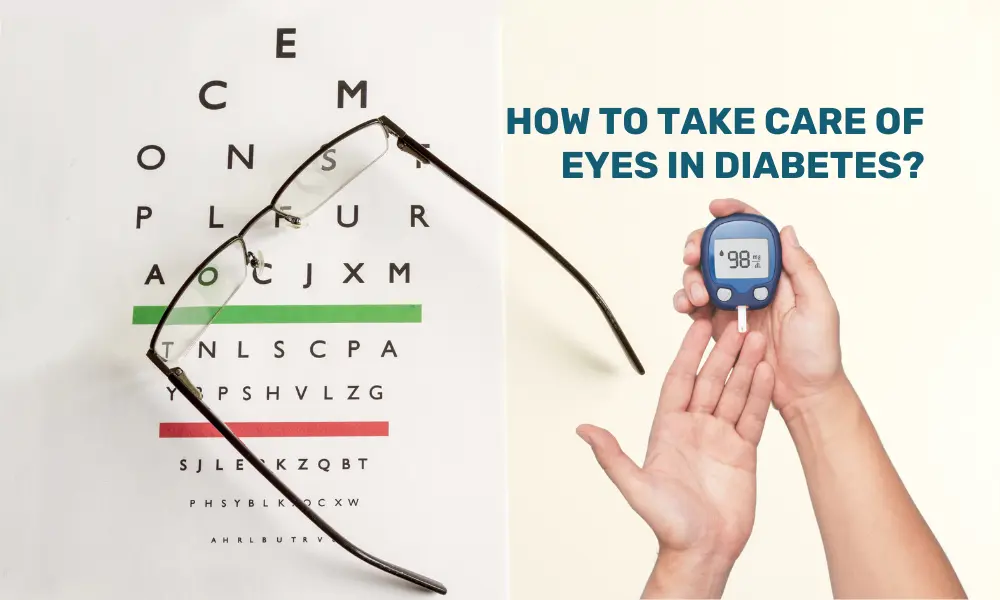Calcium is the most essential mineral to the body and plays a critical role in various functions of the body, especially for building and maintaining strong bones and teeth. However, often, one may not know about the dangers caused by low calcium until some symptoms start showing up. In this article, we will look into the potential risks that may be posed by having low calcium levels and also give out some practical ways through which one can ensure that one takes adequate amounts of this very vital mineral.
Our in-house expert, Dt. Aparna Pandey, MSC-Nutrition and Dietetics, shares the risk of low levels of calcium and how to replenish it.
Risks of Low Calcium Levels
Weak Bones and Osteoporosis: Calcium plays an important role in the strengthening of bones. When your body lacks sufficient calcium, it starts to extract it from your bones, which results in weakness, increasing the risk of breaks or fractures. Over time, this might result in osteoporosis—very fragile bones that break easily, sometimes even with simple falls or minor injuries.
Muscle Cramps and Spasms: Calcium is also crucial to muscle contraction. Low levels can cause muscle cramps, spasms, and tingling or numbness in your hands and feet. Very often, these symptoms indicate a lack of calcium absorption by your muscles to function properly.
Dental Problems: Your teeth, just like your bones, require calcium to be strong. If you have a calcium deficiency, your tooth enamel weakens, which can cause you to be more susceptible to cavities, tooth decay, and gum disease. This eventually develops into some serious dental problems.
Fatigue and Brain Malfunction: Calcium also plays a role in neurotransmitter release and thus may affect proper brain function. Deficiencies can lead to problems with cognitive functions, memory, and confusion. Moreover, low levels can result in tiredness and a lack of energy.
Cardiovascular Problems: Calcium participates in the contraction and relaxation of the heart muscle. Calcium deficiency results in irregular heartbeat, high blood pressure, and, at the extreme ends, increases the risk of heart disease.
Calcium Deficiency Symptoms:
-
Muscle cramps and spasms
-
Easy fracturing of the bones
-
Weak and brittle nails
-
Numbness and tingling in the hands, feet, and face
-
Hallucinations
How to Replenish Calcium Levels
One must ensure regular intake of the below things to manage a sufficient level of calcium.
Dairy Products: Calcium is found most in milk, cheese, and yogurt. These go easily into your diet through smoothies, snacks, or meals. Leafy Greens: Kale, spinach, and broccoli are leafy greens, all of which are foods rich in calcium and offer other benefits like fiber and vitamins. Fortified Foods: Since most foods are calcium-fortified—even orange juice, cereals, and plant-based milk—this is already a good option for those who are lactose intolerant or vegan.
Nuts and Seeds: Almonds, sesame seeds, chia seeds are all rich sources of calcium and may be used with numerous recipes or just eaten for a snack.
Calcium Supplements: If one cannot meet the calcium needs from the diet, then supplements can be an easy way. Typical supplement forms are calcium carbonate and calcium citrate. However, always consult with a healthcare provider before taking any supplement to avoid excessive intake of calcium; this will prevent kidney stones and other problematic health conditions.
Vitamin D: The Companion to Calcium. Vitamin D is essential in calcium absorption. If your system lacks vitamin D, then it can’t absorb calcium from food without it. Spend time in the sun, eat foods fortified with or containing high amounts of vitamin D like fatty fish and eggs, or consider supplementing with a vitamin D supplement if your doctor recommends.
Regular Exercise: Weight-bearing exercises, such as walking and jogging, along with resistance exercises, are good for bone strengthening and improvement in calcium retention. Embedding physical activity in your lifestyle is essential for your bone health and in the prevention of osteoporosis.
Limit Foods That Decrease Calcium Absorption: Some foods and drinks may interfere with calcium absorption. Very high intake of caffeine, alcohol, and sodium-rich foods tends to decrease the calcium in your body. Limiting these will further ensure that the needed calcium level is maintained.
The Bottomline
Overall health relies on maintaining adequate levels of calcium, which is crucial for both bone and muscular, dental, and cardiovascular health. With a diet rich in calcium, supplements when necessary, and a healthy lifestyle, you are able to side-step the dangers of low calcium and enable your body to run at full throttle. If you are concerned about your calcium intake, it is always best to speak with a health professional for personalized advice.
FAQ on Calcium Deficiency
How can I recover from Calcium Deficiency?
Calcium pills or supplements may be used to restore your calcium to normal levels.
How can I raise my Calcium levels?
Having dairy products, fish with edible soft bones, such as sardines and canned salmon. Calcium-fortified foods and beverages like soy products, cereal and fruit juices, and milk substitutes.
What is the biggest source of calcium?
Dairy products, including milk and cheese, and green leafy vegetables, such as kale and okra, are good sources of calcium.





